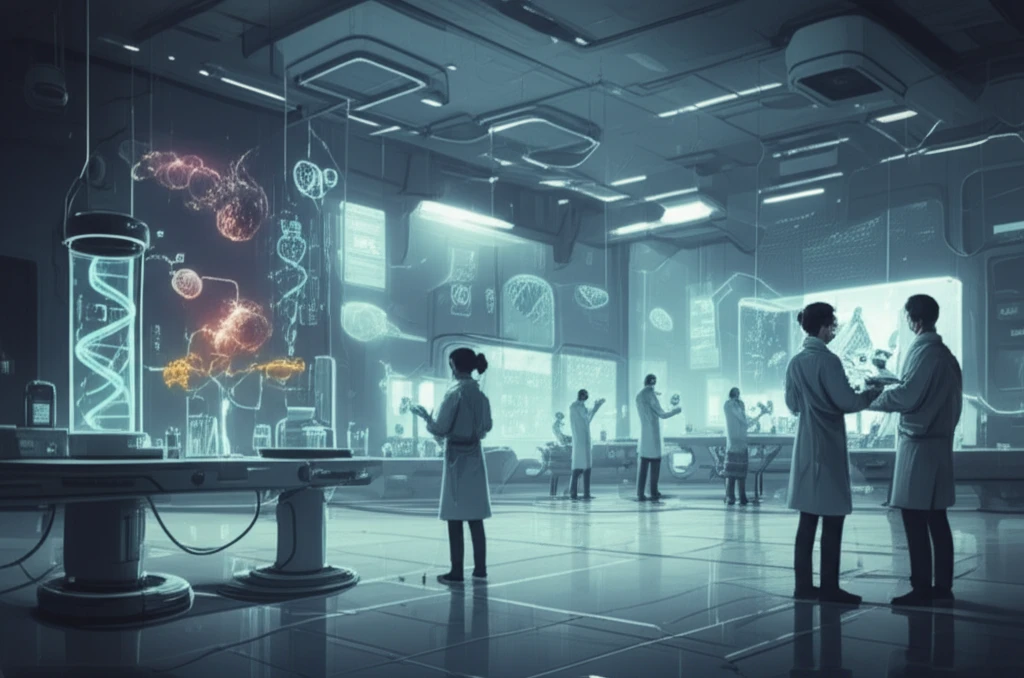
Decoding the Code of Life: How Synthetic Biology is Revolutionizing Our World
"From Personalized Medicine to Sustainable Solutions: Exploring the Cutting-Edge Field of Synthetic Biology"
Imagine a world where diseases are eradicated by custom-designed bacteria, where fuels are produced from renewable resources, and where materials are created with unparalleled efficiency. This isn't science fiction; it's the promise of synthetic biology, a revolutionary field that's poised to transform our world.
Synthetic biology, at its core, is the engineering of biology. It involves designing and building new biological parts, devices, and systems, and redesigning existing, natural biological systems for useful purposes. This interdisciplinary field combines biology, engineering, computer science, and other fields to create solutions to some of the world's most pressing problems.
This article explores the core concepts of synthetic biology, its applications, and the groundbreaking research being conducted. We'll delve into the scientists and researchers who are at the forefront of this exciting field, showcasing their contributions and the potential impact of their work.
The Building Blocks of Life: Understanding the Fundamentals of Synthetic Biology

To grasp the essence of synthetic biology, it's crucial to understand its fundamental building blocks. These include genetic circuits, which are essentially the "programs" that dictate how cells behave. Scientists design these circuits by manipulating DNA, the blueprint of life, to create desired outcomes. They also work with proteins, the workhorses of the cell, and other biological molecules.
- Genetic Circuits: Designing and building new genetic circuits to control cellular functions.
- DNA Manipulation: Engineering DNA to create new biological functions.
- Protein Engineering: Modifying proteins to improve their performance or create new ones.
- Modeling and Simulation: Using computer models to predict and optimize the behavior of biological systems.
- Testing and Refinement: Experimentally validating and improving the designed systems.
The Future is Now: The Transformative Potential of Synthetic Biology
Synthetic biology is not just a scientific endeavor; it's a catalyst for innovation and a beacon of hope for a sustainable future. As research progresses and technologies evolve, the possibilities within this dynamic field are limitless. It is a field to watch closely, as it will undoubtedly shape our world in profound ways.
